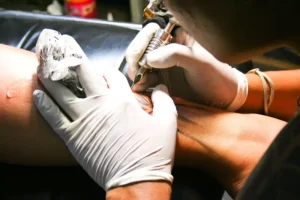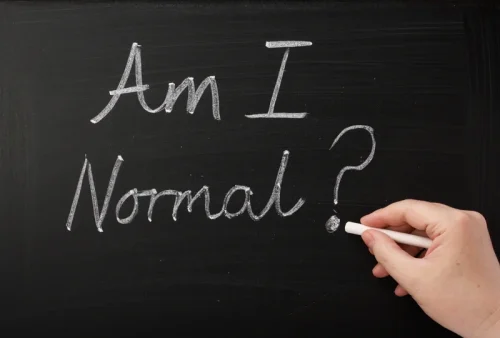
While high on cocaine, some individuals feel energetic, alert and talkative while others feel anxious and on-edge. During this time, a person might feel depressed or suicidal, anxious, paranoid or psychotic, and crave more of the drug. After prolonged use, individuals can become tolerant to the effects and “binge”—taking more and more of the substance to keep the high going—for hours or even days. Because addiction can affect so many aspects of a person’s life, treatment should address the needs of the whole person to be successful. Counselors may select from a menu of services that meet the specific medical, mental, social, occupational, family, and legal needs of their patients to help in their recovery. People who have developed significant physiological cocaine dependence may experience an intense withdrawal period when they stop using.

Consistent participation in support groups is one of the best ways to prevent a relapse. These groups connect recovering addicts with others who are facing the challenges and share similar experiences. Support groups allow cocaine addiction treatment recovery addicts to receive help from former cocaine users who best understand how hard the road to recovery can be. Making the decision to find treatment for cocaine addiction is the first step toward recovery.
Cocaine addiction is a complex and challenging condition that affects not only your physical health but also your mental and emotional well-being. Recent trials of models of methadone dispensing in pharmacies and models of care based in other settings than OTPs have not supported concerns that making methadone more widely available will lead to harms like overdose. Department of Health and Human Services (HHS) advanced the most comprehensive Overdose Prevention Strategy to date. Under this strategy, in 2023, HHS eliminated the X-waiver requirement for buprenorphine. But in the fentanyl era, expanded access to methadone too is essential, although there are even greater attitudinal and structural barriers to overcome with this medication. People in methadone treatment, who must regularly visit an opioid treatment program (OTP), face stigma from their community and from providers.
The chronic nature of addiction means that for some people relapse, or a return to drug use after an attempt to stop, can be part of the process, but newer treatments are designed to help with https://ecosoberhouse.com/ relapse prevention. Relapse rates for drug use are similar to rates for other chronic medical illnesses. If people stop following their medical treatment plan, they are likely to relapse.
